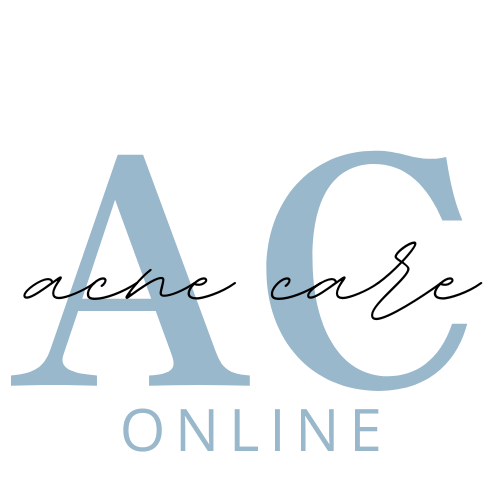The Reason Why Everyone Loves Non-Comedogenic Moisturizers

At a time when customers are becoming more concerned about the products they use on their faces, there’s a technical term you should know for your morning and nightly skincare routines: non comedogenic moisturizer.
Noncomedogenic refers to items that are likely to assist us in preventing skin pore blockages and other undesirable acne symptoms.
How can you know that a product is non comedogenic moisturizer when manufacturers want you to think that every skincare and beauty product they put on the market satisfies that criterion?
Unfortunately, some manufacturers exaggerate their promises, putting you in danger of an unwanted outbreak.
Who Should Utilize These Products?
Noncomedogenic products will most assist those with oily skin or acne.
How Can You Know Which Items Are Effective?
First, let’s go through how acne develops in the first place. The fundamental issue is that oil, hair, and dead skin cells clog a skin follicle, allowing germs on the skin to migrate into the follicle.
Hormones, mainly active in young adults, may have a role. Pregnancy, or a person’s inclination toward oily skin, might also play a role.
Some individuals also think that specific meals might cause acne. According to research, high glycemic diets, particularly those heavy in dairy, might aggravate acne. Acne, in general, is not caused by food.
The bottom conclusion is that if you’re prone to acne, your primary objective should be to prevent clogs in the first place. Due to the many products on the market offering various promises, keeping your pores unclogged may be difficult.
There Are No Guidelines
Another issue is that the Food and Drug Administration (FDA) has no federal standards or norms regarding the term “non-comedogenic” for items like moisturizers and cosmetics.
While there may be a 0 to 5 rating range for comedogenicity, with 0 to 2 being non comedogenic moisturizer, this scale is not standardized.
Companies instead depend on a slew of research, many of which have evaluated items on rabbit ears. Many customers, particularly those who use cosmetic items, oppose animal research. If this is an issue for you, you’ll be relieved to know that people are increasingly being used as test subjects.
These studies are not either. Some researchers count the comedones as the pimples that signify acne caused by the substance being examined. To further complicate things, various firms may count the comedones differently.
What Ingredients Should You Seek?
Beneficial substances for mild acne include:
- Benzoyl peroxide
- Resorcinol
- Salicylic acid
- Sulphur
Non comedogenic oils, which do not clog pores and keep dry skin supple and oily skin acne-free, are other essential components to seek in skin care products.
These non comedogenic moisturizer oils may be used on the skin or as carriers for essential oils. These are some examples:
- Grapeseed oil
- Sunflower oil
- Neem oil
- Sweet almond oil
- Hemp seed oil
Which Substances Should You Stay Away From?
Medical practitioners have long relied on a landmark 1984 scientific study for a list of substances to avoid.
The problematic components are many, and include:
- Isopropyl myristate and its derivatives, including:
- Isopropyl palmitate
- Isopropyl isostearate
- Butyl stearate
- Isostearyl neopentanoate
- Myristyl myristate
- Decyl oleate
- Octyl stearate
- Octyl palmitate
- Society stearate
- Propylene glycol-2 (PPG-2) myristyl propionate
- Lanolins, especially:
- Acetylated
- Ethoxylated lanolins
- D&C red dyes
Of course, scouring cosmetics labels for these difficult-to-pronounce substances is time-consuming and impractical, but if anything you’ve placed on your face has caused a nasty outbreak, this list may come in handy.
A Selection of Recommended Products to Consider
You know to search for moisturizers and cosmetics that are “non-oily” and “non-comedogenic.” Still, government organizations like the National Institutes of Health (NIH) and the Food and Drug Administration (FDA) must precisely list the finest.
You may contact manufacturers and inquire if they do independent, third-party testing to support their claims.
Here are a few items that are highly regarded by beauty professionals and customers and are all available for purchase online:
- The Inkey List Salicylic Acid Cleanser
- CeraVe Daily Moisturizing Lotion
- Body Merry Retinol Moisturizer
- Captain Blankenship Sailor X Marks the Spot Serum
Conclusion
A product containing comedogenic chemicals is not inherently harmful. It may be the most excellent option for someone who has dry skin and is not prone to acne.
Because everyone’s skin is different, if yours is acne-prone, you must do your patch test. Apply a bit of the new product on your face and see the results for a few days.
See your dermatologist for advice if you need help deciding what products to use on your skin.






